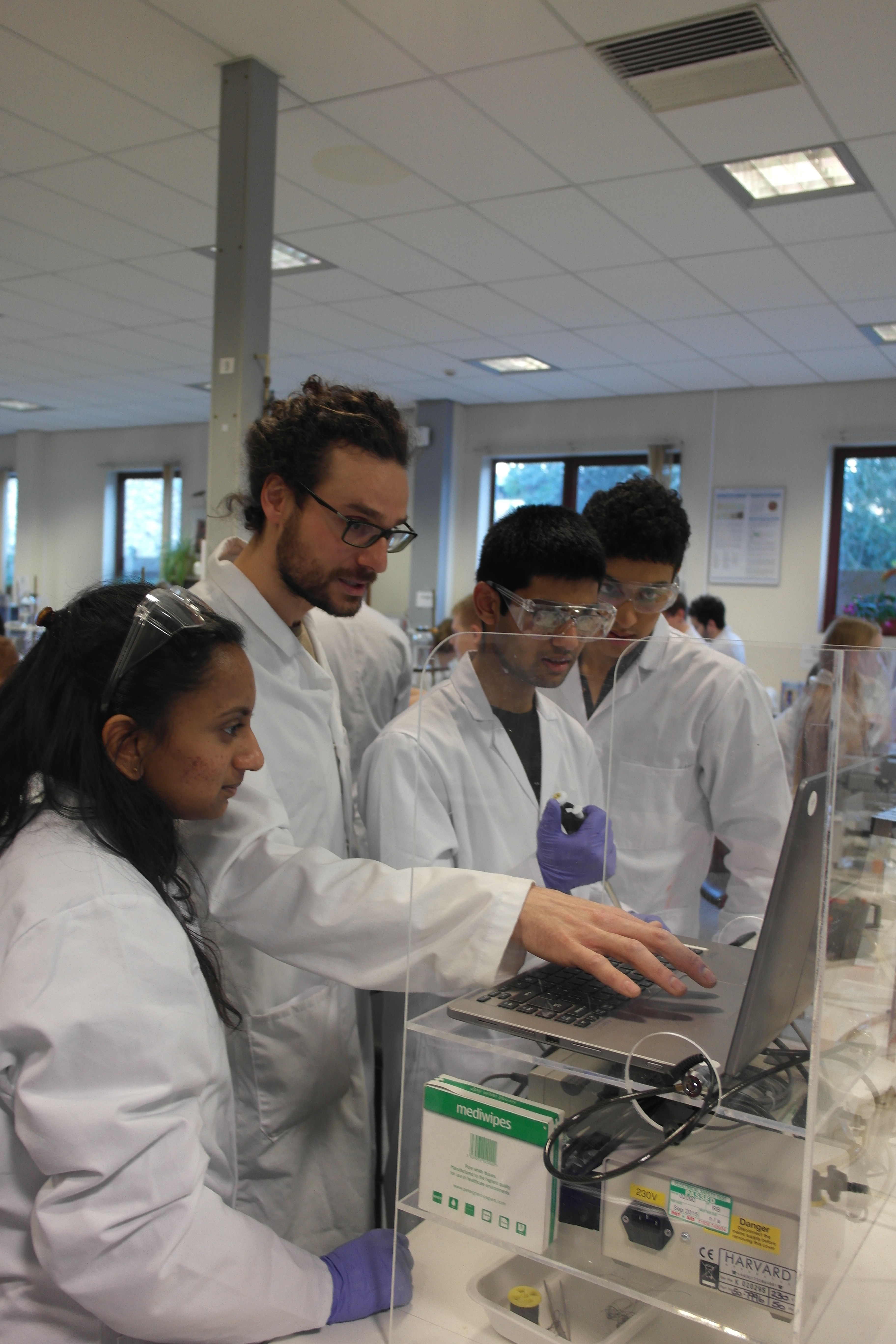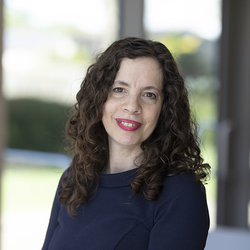An Introduction from our Head of Department
The Department of Pharmacology sits within the School of Biological Sciences, University of Cambridge, and provides world-class teaching and research. The Department of Pharmacology is focused on how drugs work: from how they act at the molecular level, to their effects on the human body.
The Department of Pharmacology is one of a small number of pharmacology departments in the UK and is consistently ranked top in university league tables. We host 19 independent research groups and teach pharmacology to medicine, veterinary medicine and natural sciences undergraduate students
Research at the Department falls under four major themes:
- Ion channels, receptors and transporters
- Molecular therapeutics, target discovery and drug development
- Mechanisms of drug action
- Pain mechanisms
We are actively involved in the translation of fundamental bioscience into new treatments and diagnostics. To this end, we are leveraging the outstanding basic research, clinical and commercial environment of the University of Cambridge, the Cambridge Biomedical Campus and the greater Cambridge area.
We also believe that for our research to have the greatest impact it must be informed by and integrated into society, and consequently, we are passionate about engaging the public in our research and widening participation in the field of pharmacology.
- Professor Laura Itzhaki
Our Research Facilities
The Department is well-equipped with communal facilities for microscopy, cell culture, electrophysiology, biophysics, and protein production. Department members can also access many inter-departmental facilities, such as the Cambridge Advanced Imaging Centre (confocal microscopy, SEM, TEM), structural biology (cryo-EM, X-ray crystallography, NMR), and biophysics facilities.
Find out more about the Department's research activities.
Our Teaching
 The department's staff provides undergraduate teaching to students in the Natural Sciences Tripos (NST), the Medical Sciences Tripos (MVST), and the Veterinary Sciences Tripos (VetST).
The department's staff provides undergraduate teaching to students in the Natural Sciences Tripos (NST), the Medical Sciences Tripos (MVST), and the Veterinary Sciences Tripos (VetST).
More than 370 undergraduates reading MVST take our Mechanisms of Drug Action (MODA) course in their second year.
74 students studying NST take our second-year course in Pharmacology.
In the third year, our major course is Part II Pharmacology, taken by about 60 students. This course is open to students with medical and science backgrounds. It is an advanced course consisting of lectures on research at the forefront of modern pharmacological science and a research project that occupies the entire second term.
We also offer a Part II BBS course, taken by about 20 students. This course shares lectures with Part II Pharmacology but replaces the experimental research project with an extended dissertation.
Supervisions (known as tutorials in other universities) in which students meet their supervisors weekly in groups of 2-4 students are essential to Cambridge teaching.
Supervisions are arranged through colleges, but most staff (in their capacities as College Fellows) are also responsible for supervising students in Pharmacology.
Find out more about undergraduate teaching in the Department.

